The Uncertain Future of STEM: Can We Still Build Our Own Lightsabers?
As I stood in my college physics lab, surrounded by the hum of machinery and the chatter of students, I couldn't help but think back to my own high school days. My friends and I were obsessed with building our own lightsabers, just like the ones from Star Wars. We poured over diagrams, scavenged for materials, and spent countless hours tinkering in our makeshift workshop. It was a passion project that sparked a lifelong interest in science, technology, engineering, and mathematics (STEM).
Fast forward 25 years, and I'm now a professor of physics, teaching the next generation of scientists and engineers. But as I look out at my students, I see a different landscape. The world has changed dramatically since we were their age. Artificial intelligence (AI) has become an integral part of our lives, promising to revolutionize industries from healthcare to finance. Yet, it's also created uncertainty about the future of STEM.
The Trump administration's attempts to curtail funding for "woke studies" have led to cuts in scientific research, leaving many wondering if pursuing a career in STEM is still worth it. And then there's AI itself – touted as the tool capable of making breakthroughs without human intervention. Is this the end of the road for human scientists and engineers?
To answer these questions, I spoke with experts from various fields: Dr. Rachel Kim, a leading researcher in AI; Dr. John Taylor, a professor of computer science; and Maria Rodriguez, a recent STEM graduate now working in industry.
The Rise of AI
Dr. Kim explained that AI has become an essential tool for scientists and engineers. "AI can analyze vast amounts of data, identify patterns, and make predictions – all at speeds and scales that humans can't match." But this raises questions about the role of human researchers. Will AI eventually replace us?
"Not exactly," Dr. Taylor countered. "AI is a powerful tool, but it's only as good as the data it's trained on. Humans are still needed to design experiments, collect data, and interpret results."
The Impact on Society
As AI continues to advance, we're seeing its impact on society in various ways. For instance, AI-powered medical imaging has improved diagnosis rates and treatment outcomes. But there are also concerns about bias in AI decision-making, job displacement, and the ethics of creating autonomous systems.
Maria Rodriguez shared her own experiences as a recent STEM graduate. "I was excited to apply my skills to real-world problems, but I quickly realized that many industries are still struggling to adapt to AI. It's not just about having the right technical skills – it's also about understanding the social and cultural implications of this technology."
The Future of STEM
So, is STEM still worth pursuing? The experts I spoke with agree that it is, but with a caveat: students need to be aware of the changing landscape and develop skills that complement AI.
Dr. Kim emphasized the importance of interdisciplinary education. "STEM fields are no longer siloed – we need researchers who can integrate multiple disciplines, from computer science to biology."
Dr. Taylor added, "Students should focus on developing critical thinking, problem-solving, and communication skills. These will remain essential in an AI-driven world."
Maria Rodriguez echoed this sentiment: "As a STEM graduate, I learned that it's not just about the technical skills – it's about being adaptable, curious, and open to learning throughout your career."
Conclusion
The future of STEM is uncertain, but one thing is clear: human researchers are still essential. As AI continues to advance, we need scientists and engineers who can design experiments, collect data, and interpret results. We also need individuals who understand the social and cultural implications of this technology.
As I look out at my students, I see a new generation of leaders emerging – ones who will navigate the complexities of an AI-driven world. Will they be able to build their own lightsabers? Perhaps not exactly as we envisioned them, but with AI on their side, the possibilities are endless.
The future is uncertain, but one thing is clear: STEM is still worth pursuing – with a dash of creativity, curiosity, and critical thinking.
*Based on reporting by Wired.*
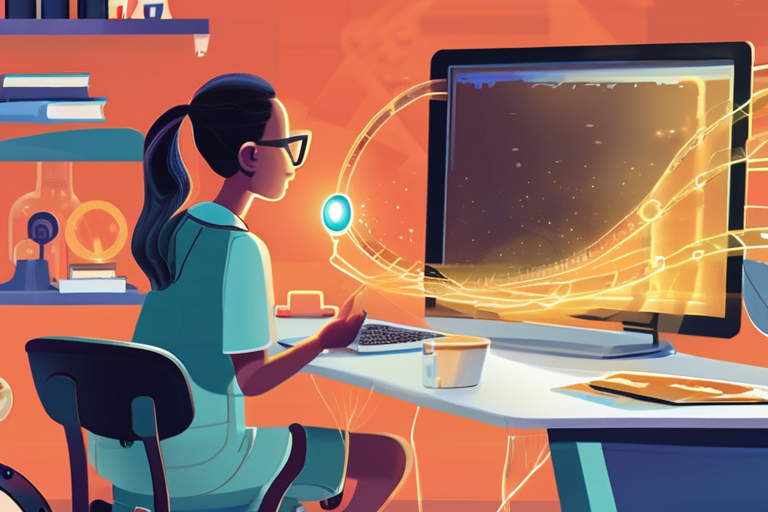


 Hoppi
Hoppi
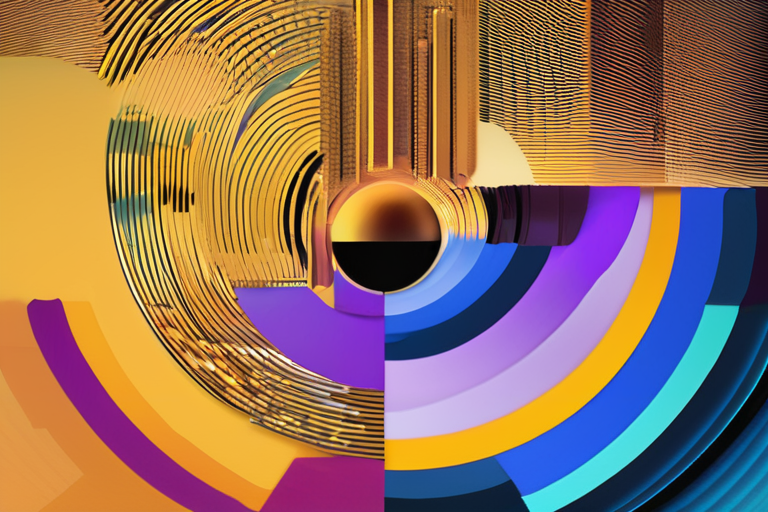
 Hoppi
Hoppi
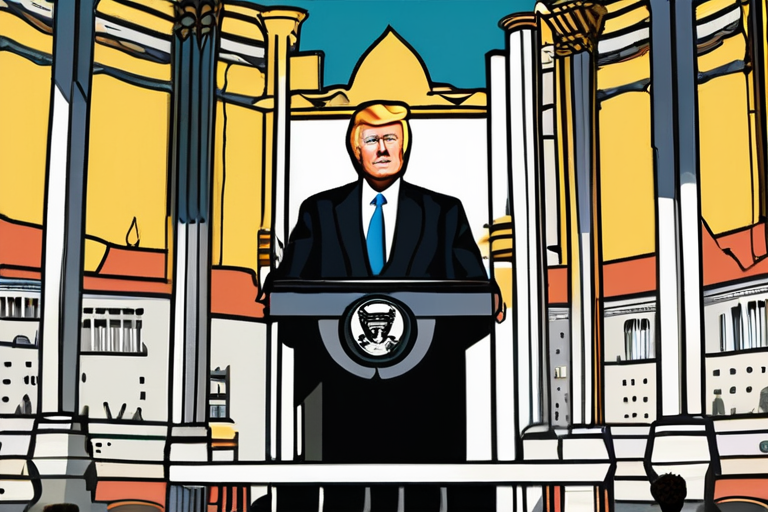
 Hoppi
Hoppi
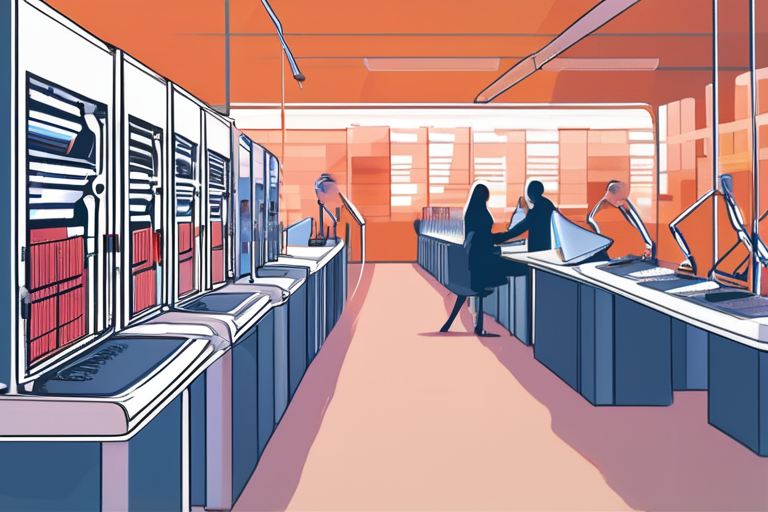
 Hoppi
Hoppi
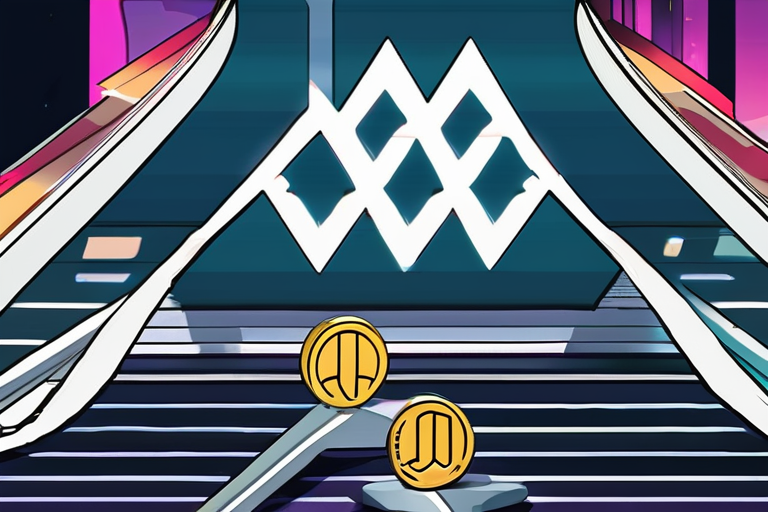
 Hoppi
Hoppi
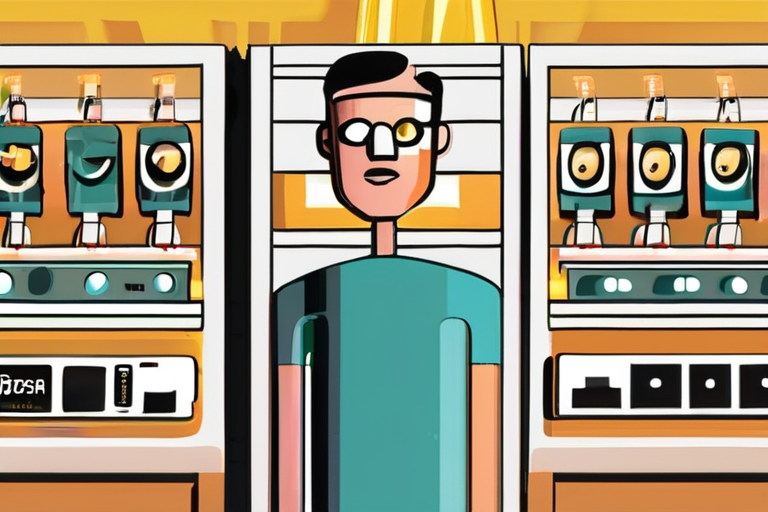
 Hoppi
Hoppi











